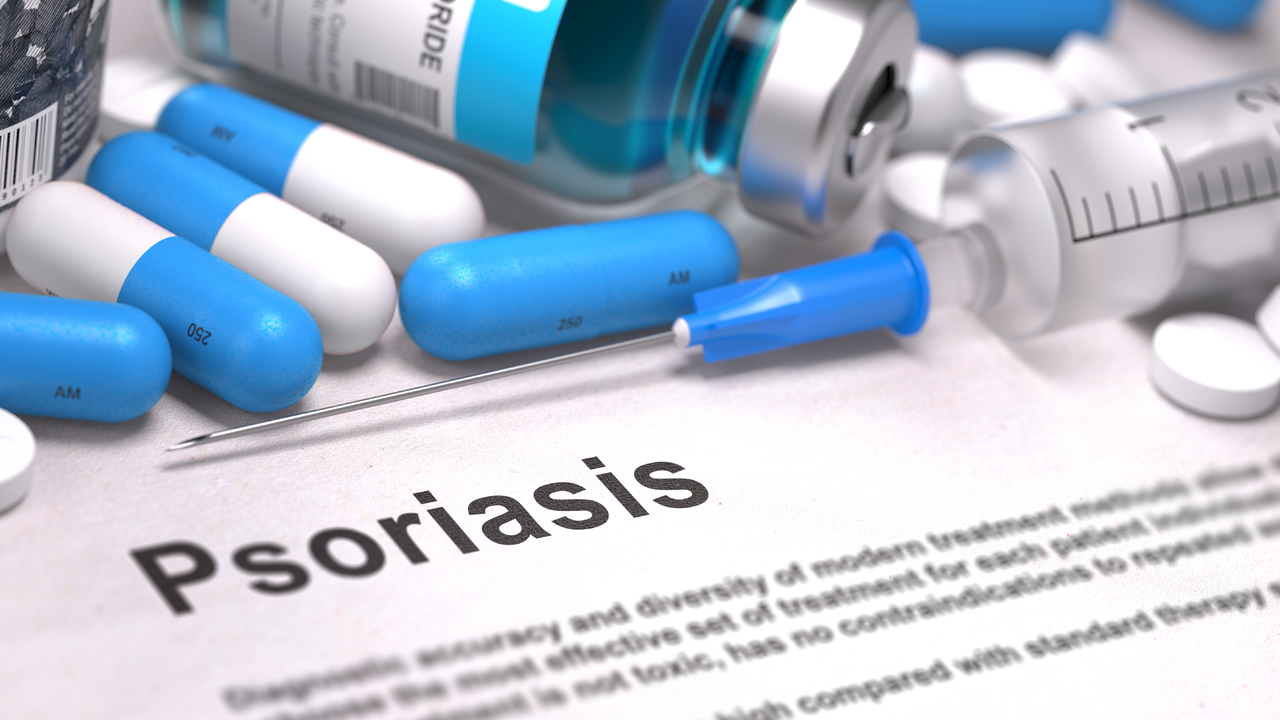The Cost-Effectiveness of Atenolol-Chlorthalidone Therapy
 Jul, 21 2023
Jul, 21 2023
Understanding the Importance of Atenolol-Chlorthalidone Therapy
As a blogger and health enthusiast, I've always been fascinated by the intricate ways in which modern medicine works to improve our health and wellbeing. One such therapy that has caught my attention recently is Atenolol-Chlorthalidone therapy. A combination of Atenolol, a beta-blocker that affects the heart and circulation, and Chlorthalidone, a diuretic or "water pill", this therapy is generally prescribed to treat hypertension or high blood pressure.
Now, you might be wondering why I'm so interested in this therapy. Well, aside from the fact that hypertension is a common condition that affects millions of people worldwide, what really intrigued me about Atenolol-Chlorthalidone therapy is its cost-effectiveness. In today's world, where healthcare costs are skyrocketing, finding cost-effective treatment options is of utmost importance. And that's exactly what Atenolol-Chlorthalidone therapy provides.
Breaking Down the Cost of Atenolol-Chlorthalidone Therapy
When we talk about cost-effectiveness in healthcare, we're not just talking about the price of the medication itself. We're also considering other factors like the cost of hospitalization, the cost of managing side effects or complications, and the overall impact of the treatment on the patient's quality of life.
Atenolol-Chlorthalidone therapy, in this regard, shines as a cost-effective treatment option. The medication itself is relatively inexpensive, especially when compared to other hypertension treatments. Moreover, because it's a combination therapy, patients typically need fewer pills, which not only reduces the cost but also improves medication adherence.
The Impact of Atenolol-Chlorthalidone Therapy on Quality of Life
But cost-effectiveness isn't just about dollars and cents. It's also about the impact of the treatment on the patient's quality of life. Atenolol-Chlorthalidone therapy, by effectively managing hypertension, helps patients avoid serious complications like heart disease and stroke. This not only improves their health outcomes but also their overall wellbeing.
Moreover, because Atenolol-Chlorthalidone therapy typically involves fewer pills and fewer side effects, patients often report a better quality of life compared to those on other hypertension treatments. This is an important aspect of cost-effectiveness that shouldn't be overlooked.
Atenolol-Chlorthalidone Therapy: A Lifesaver for Healthcare Systems
From a broader perspective, the cost-effectiveness of Atenolol-Chlorthalidone therapy also benefits healthcare systems. By preventing serious complications and reducing hospitalizations, this therapy helps save significant healthcare resources. This is especially important in resource-limited settings where every dollar counts.
In a time when many healthcare systems are struggling with limited resources and rising costs, cost-effective treatments like Atenolol-Chlorthalidone therapy are a godsend. They not only help improve patient outcomes but also contribute to the sustainability of the healthcare system.
Atenolol-Chlorthalidone Therapy: A Win-Win for Patients and Healthcare Providers
In conclusion, Atenolol-Chlorthalidone therapy represents a win-win situation for both patients and healthcare providers. For patients, it offers an effective and affordable treatment option that improves their quality of life. For healthcare providers, it helps save significant resources and contributes to the sustainability of the healthcare system.
As we continue to grapple with rising healthcare costs, it's important to highlight and promote cost-effective treatments like Atenolol-Chlorthalidone therapy. After all, in the world of healthcare, cost-effectiveness isn't just about saving money - it's about saving lives.


Laura-Jade Vaughan
July 23, 2023 AT 18:04Jennifer Stephenson
July 25, 2023 AT 09:23Segun Kareem
July 26, 2023 AT 20:40Philip Rindom
July 28, 2023 AT 11:50Jess Redfearn
July 28, 2023 AT 23:25Ashley B
July 30, 2023 AT 05:04Scott Walker
July 31, 2023 AT 02:51Sharon Campbell
August 2, 2023 AT 01:10sara styles
August 2, 2023 AT 18:34Brendan Peterson
August 3, 2023 AT 09:41Jessica M
August 5, 2023 AT 06:41